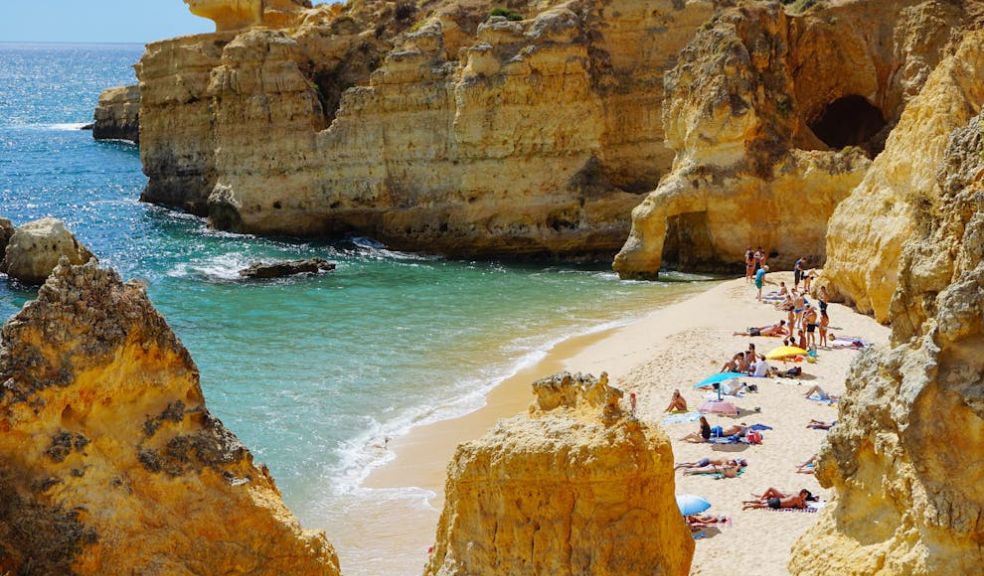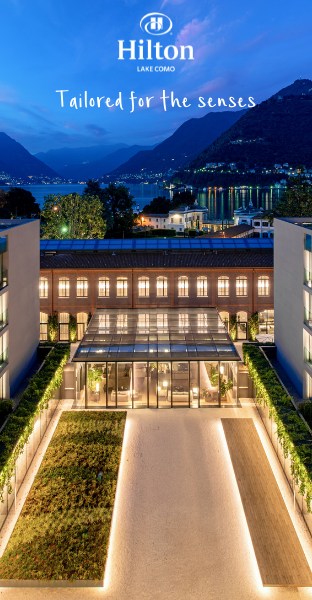
How Winter in the Algarve Offers More Than Just Sunshine…
The typical British tourist's mental image of the Algarve likely features scorching summer heat, packed beaches and bustling resort towns. Yet those who visit between November and March discover a completely different Portuguese experience – one that many locals consider the region's true charm. While summer brings crowds and premium prices, winter reveals an authentic side of Portugal's southern coast that remains hidden from most holidaymakers.
What makes the Algarve's off-season special for British travellers?
The mercury rarely dips below 15°C even in January, offering a welcome respite from Britain's grey skies and biting cold. This pleasant climate creates perfect conditions for exploring without the summer swelter. Imagine walking along golden beaches that stretch for miles with barely another soul in sight, or hiking coastal trails without needing to pack extra water bottles to combat heat exhaustion.
Winter transforms the Algarve's popular tourism spots. Restaurants that might rush you through dinner in August now invite lingering meals with attentive service. You'll sit amongst locals rather than fellow tourists, overhearing Portuguese conversations instead of multiple European languages competing for airspace. Market vendors have time for proper chats, often throwing in extra treats or cooking tips when you buy their produce.
The winter light brings photographers to the coastline in droves. Morning mists soften the rugged cliff edges, while dramatic winter sunsets paint the sky in colours rarely seen during summer months. The Atlantic churns more dramatically too, creating mesmerizing seascapes for those who appreciate nature's raw power.
How does accommodation change during quieter months?
Staying in villas in the Algarve during winter months offers extraordinary value compared to peak season rates. Properties that might command premium prices in July or August become remarkably affordable, allowing travellers to upgrade their accommodation experience significantly. Imagine having a private pool and spacious living areas for less than you'd pay for a standard hotel room during summer.
Winter villa rentals typically come with heated pools and efficient heating systems – essential comforts for cooler evenings. Many feature fireplaces that transform cool nights into cosy opportunities to enjoy local wines while planning the next day's adventures.
The relationship with property managers often feels more personal during quieter periods. With fewer simultaneous check-ins, you'll receive more thorough introductions to your accommodation and tailored local recommendations rather than the rushed handover common during busy weeks.
Where should you explore when the crowds have departed?
The transformed coastal towns
Tavira, often overlooked by summer tourists rushing to beach resorts, reveals its authentic character during winter. Its Moorish architecture and riverside setting create a photogenic backdrop for unhurried exploration. Local cafés serve traditional pastries to regulars who've returned after summer's tourist exodus.
Lagos, meanwhile, shifts from its summer party reputation to showcase its rich maritime history. The museums and historical sites operate with reduced hours but offer a more intimate experience without the queues.
Natural wonders without the waiting
The famous Benagil Cave sees boats lining up during summer months, with tourists jostling for the perfect photo. Visit in winter and you might have this natural cathedral almost to yourself. The boat trips run less frequently but operate with smaller groups, creating a more personal experience of this geological marvel.
Ria Formosa Natural Park transforms seasonally too. Winter brings migratory birds in spectacular numbers, turning the wetlands into a birdwatcher's paradise. The flamingo populations particularly thrive during these months, creating pink reflections across the lagoon waters.
When does wild Atlantic coastline shine brightest?
The western Algarve's dramatic coastline truly comes alive during winter months. Summer visitors often find these beaches too windswept for comfortable sunbathing, but winter walkers discover their raw beauty in perfect hiking conditions.
Sagres and Cape St Vincent feel almost mystical during winter, especially at sunset when fewer visitors means more space for contemplation at Europe's southwestern edge. The lighthouse stands against dark stormy skies, creating atmospheric photography opportunities impossible during summer's haze.
Winter swells bring serious surfers to beaches like Amado and Cordoama. Even for non-surfers, watching these athletes tackle enormous waves provides captivating entertainment from cliff-top viewpoints.
How different is the cultural calendar outside tourist season?
While summer focuses on beach activities and water sports, winter celebrates Portuguese traditions more authentically. January's Charolas in Olhão features local singing groups performing traditional songs, while February's almond blossom festivals in inland villages celebrate spring's arrival with music, dance and almond-based delicacies.
The Christmas period transforms towns like Loulé and Silves with light displays and markets selling regional crafts and foods. These festivities feel genuinely local rather than tourist attractions, offering glimpses into Portuguese celebrations rarely experienced during peak seasons.
Why should food lovers visit during harvest seasons?
Autumn brings olive harvesting throughout the region. Some producers welcome visitors to participate in or observe traditional harvesting methods before sampling the resulting oils. These experiences connect travellers with agricultural traditions central to Algarvian culture for centuries.
Similarly, late autumn sees Portugal's exceptional wine regions harvesting grapes. Small producers around Lagoa and Silves often provide impromptu tastings for winter visitors who express genuine interest in their craft.
Winter meals feature heartier Portuguese specialities rarely found on summer menus. Dishes like feijoada (bean stew) and açorda (bread soup) appear on restaurant specials boards, showcasing traditional cooking methods perfect for cooler evenings.
How should British travellers prepare for winter Algarve visits?
Pack layers rather than heavy winter clothing. Daytimes often warrant just light jumpers, while evenings might require something warmer. Rain showers pass quickly but occur more frequently than summer visitors expect, so packable waterproofs prove essential.
Car hire becomes particularly valuable during winter visits. Public transport runs less frequently outside peak season, while driving on dramatically emptier roads makes exploring remote villages and viewpoints significantly easier.
Research opening hours carefully. While most attractions remain open year-round, many operate reduced schedules during winter months. The trade-off – enjoying sites without crowds – more than compensates for slight planning adjustments.
For those seeking authentic Portuguese experiences without summer's crowds and costs, winter in the Algarve offers remarkable rewards. The region's natural beauty, cultural heritage and welcoming locals shine brightest when the tourist tide recedes, revealing Portugal's southern coast at its most genuine.


















